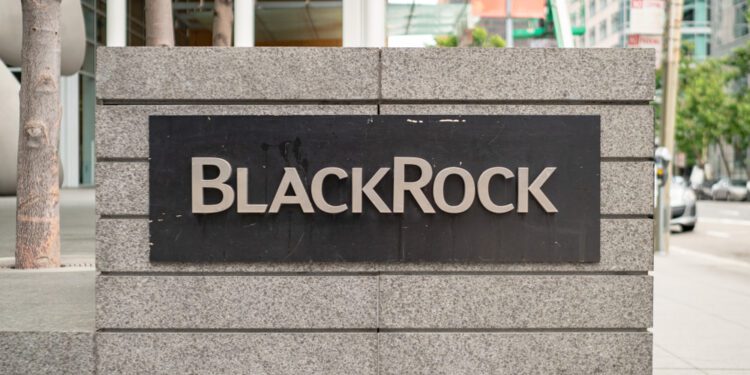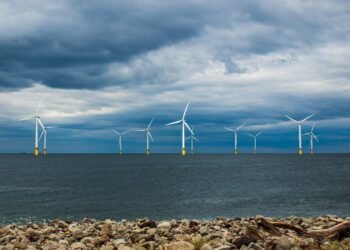OECD complaint alleges top firm has increased investments in companies implicated in environmental devastation.
BlackRock, the world’s biggest asset management company, faces a complaint at the Organization for Economic Co-operation and Development (OECD) for allegedly contributing to environmental and human rights abuses around the world through its investments in agribusiness.
Friends of the Earth US and the Articulation of Indigenous Peoples of Brazil accuse BlackRock of increasing investments in companies that have been implicated in the devastation of the Amazon and other major forests despite warnings that this is destabilising the global climate, damaging ecosystems and violating the rights of traditional communities.
The complaint, revealed exclusively to the Guardian, was filed under the OECD Guidelines for Multinational Enterprises, which are recommendations from governments to private companies on responsible business conduct. In the absence of legally binding international regulations, these are seen as a reference for corporate accountability.
The influence of BlackRock is enormous. It manages more than $11tn in assets, more than the combined government spending of the world’s 10 wealthiest countries. Although investment decisions are the responsibility of its clients, this giant financial institution provides advice and facilitates investments.
Two thirds of the assets BlackRock manages on behalf of clients relate to retirement. Highlighting the forward-looking nature of these pension funds, the company website notes: “BlackRock’s mission is to create a better financial future for our clients, by building the most respected investment and risk manager in the world.”
BlackRock said the case was spurious. “This complaint is meritless. As a fiduciary, our focus is to help our clients achieve their selected investment goals. The overwhelming majority of holdings referenced are held in index funds chosen by our clients themselves, and we cannot selectively divest from them,” a spokesperson said.
The need for stronger action was apparent in a recent report showing that destruction of global forests rose last year and is now higher than when 140 countries promised three years ago to halt deforestation by the end of the decade. The combination of land clearance, forest fires and global heating has pushed the Amazon closer towards a point of no return. Many areas are currently experiencing the worst drought on record.
More broadly, major US financial institutions have been accused of watering down public commitments on the climate and nature crises. Last month, Client Earth filed a complaint in France alleging BlackRock greenwashed investments in fossil fuel companies through “sustainable” funds. In July, JP Morgan Chase, the world’s biggest investor in fossil fuels, was warned by US senators that it may have misled investors and the public by backtracking on its already weak climate and environmental commitments.
The watchdog NGO Stand.earth also condemned five of the world’s biggest banks, for having environmental and social guidelines that failed to cover more than 70% of the Amazon rainforest. On the streets, the climate finance movement has staged protests outside several Wall Street institutions, including Citi, Bank of America and major insurers.
Read the full article here
By Jonathan Watts/ Courtesy of The Guardian












